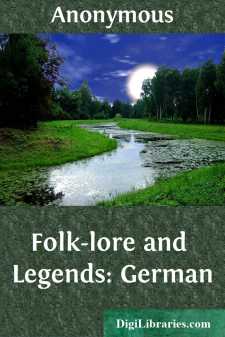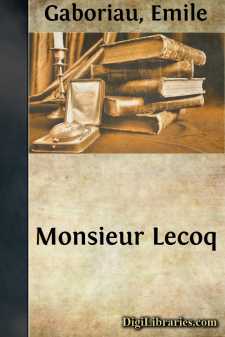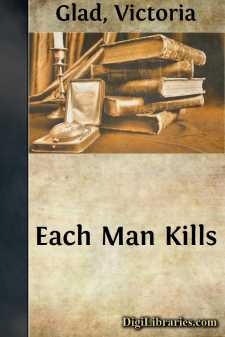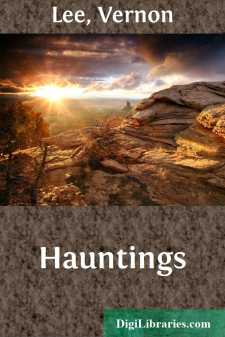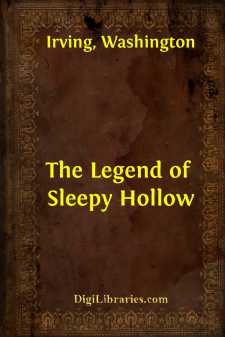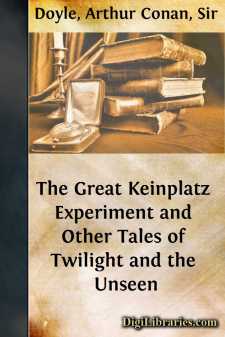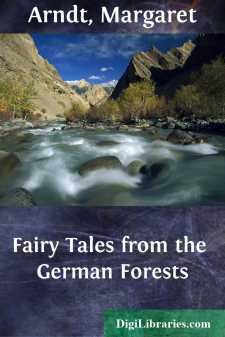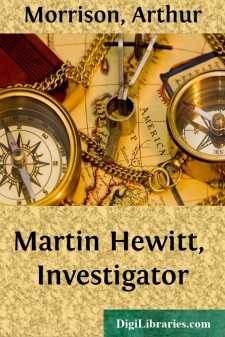Categories
- Antiques & Collectibles 13
- Architecture 36
- Art 48
- Bibles 22
- Biography & Autobiography 813
- Body, Mind & Spirit 142
- Business & Economics 28
- Children's Books 15
- Children's Fiction 12
- Computers 4
- Cooking 94
- Crafts & Hobbies 4
- Drama 346
- Education 46
- Family & Relationships 57
- Fiction 11828
- Games 19
- Gardening 17
- Health & Fitness 34
- History 1377
- House & Home 1
- Humor 147
- Juvenile Fiction 1873
- Juvenile Nonfiction 202
- Language Arts & Disciplines 88
- Law 16
- Literary Collections 686
- Literary Criticism 179
- Mathematics 13
- Medical 41
- Music 40
- Nature 179
- Non-Classifiable 1768
- Performing Arts 7
- Periodicals 1453
- Philosophy 64
- Photography 2
- Poetry 896
- Political Science 203
- Psychology 42
- Reference 154
- Religion 513
- Science 126
- Self-Help 84
- Social Science 81
- Sports & Recreation 34
- Study Aids 3
- Technology & Engineering 59
- Transportation 23
- Travel 463
- True Crime 29
The House of the Vampire
Description:
Excerpt
I
The freakish little leader of the orchestra, newly imported from Sicily to New York, tossed his conductor's wand excitedly through the air, drowning with musical thunders the hum of conversation and the clatter of plates.
Yet neither his apish demeanour nor the deafening noises that responded to every movement of his agile body detracted attention from the figure of Reginald Clarke and the young man at his side as they smilingly wound their way to the exit.
The boy's expression was pleasant, with an inkling of wistfulness, while the soft glimmer of his lucid eyes betrayed the poet and the dreamer. The smile of Reginald Clarke was the smile of a conqueror. A suspicion of silver in his crown of dark hair only added dignity to his bearing, while the infinitely ramified lines above the heavy-set mouth spoke at once of subtlety and of strength. Without stretch of the imagination one might have likened him to a Roman cardinal of the days of the Borgias, who had miraculously stepped forth from the time-stained canvas and slipped into twentieth century evening-clothes.
With the affability of complete self-possession he nodded in response to greetings from all sides, inclining his head with special politeness to a young woman whose sea-blue eyes were riveted upon his features with a look of mingled hate and admiration.
The woman, disregarding his silent salutation, continued to stare at him wild-eyed, as a damned soul in purgatory might look at Satan passing in regal splendour through the seventy times sevenfold circles of hell.
Reginald Clarke walked on unconcernedly through the rows of gay diners, still smiling, affable, calm. But his companion bethought himself of certain rumours he had heard concerning Ethel Brandenbourg's mad love for the man from whose features she could not even now turn her eyes. Evidently her passion was unreciprocated. It had not always been so. There was a time in her career, some years ago in Paris, when it was whispered that she had secretly married him and, not much later, obtained a divorce. The matter was never cleared up, as both preserved an uncompromising silence upon the subject of their matrimonial experience. Certain it was that, for a space, the genius of Reginald Clarke had completely dominated her brush, and that, ever since he had thrown her aside, her pictures were but plagiarisms of her former artistic self.
The cause of the rupture between them was a matter only of surmise; but the effect it had on the woman testified clearly to the remarkable power of Reginald Clarke. He had entered her life and, behold! the world was transfixed on her canvases in myriad hues of transcending radiance; he had passed from it, and with him vanished the brilliancy of her colouring, as at sunset the borrowed amber and gold fade from the face of the clouds.
The glamour of Clarke's name may have partly explained the secret of his charm, but, even in circles where literary fame is no passport, he could, if he chose, exercise an almost terrible fascination. Subtle and profound, he had ransacked the coffers of mediæval dialecticians and plundered the arsenals of the Sophists. Many years later, when the vultures of misfortune had swooped down upon him, and his name was no longer mentioned without a sneer, he was still remembered in New York drawing-rooms as the man who had brought to perfection the art of talking. Even to dine with him was a liberal education.
Clarke's marvellous conversational power was equalled only by his marvellous style. Ernest Fielding's heart leaped in him at the thought that henceforth he would be privileged to live under one roof with the only writer of his generation who could lend to the English language the rich strength and rugged music of the Elizabethans.
Reginald Clarke was a master of many instruments. Milton's mighty organ was no less obedient to his touch than the little lute of the troubadour....



